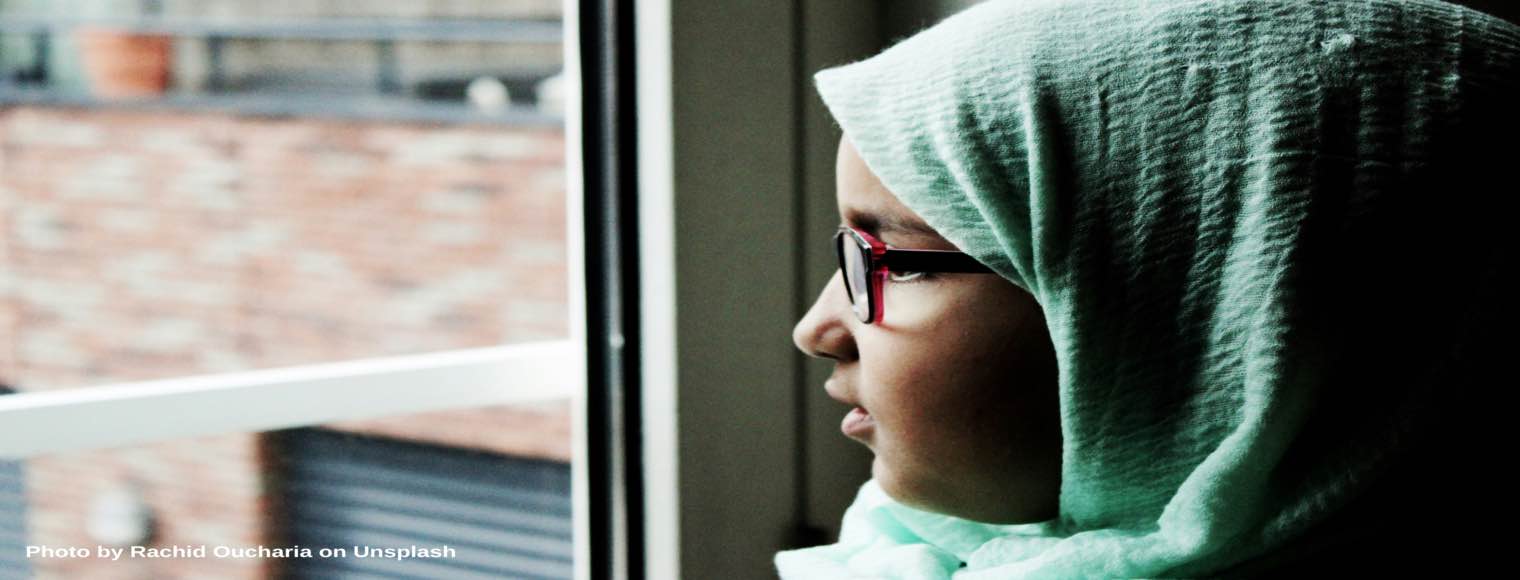
Abstract
The 'Right to Education' is a fundamental right guaranteed in Article-21A of the Indian Constitution. It is a very powerful tool for overall personal and societal prosperity. However, Muslims in Telangana often face many barriers to accessing quality education and opportunities for their development and empowerment. To address these challenges and to promote inclusivity and equity in education, it is necessary to draft a comprehensive and inclusive education policy tailored to the specific needs and aspirations of the Muslims in Telangana. This article aims to empower them through education and foster their overall development while simultaneously contributing to the social, economic, and cultural development of the state. This article also encompasses several key components, such as access to quality education, enrollment encouragement, affirmative actions like providing scholarships and quotas, vocational training and skill development, community engagement, and evaluation of the policy to ensure accountability and continuous improvement.
Introduction
Telangana is the 12th most populous state in India, with a population of 3.5 Crore as per 2011 Census. The Muslims in Telangana constitute a significant portion of the state's population, about 12.75%, and they are the largest religious minority in the state. The highest percentage of Muslims in Telangana is in Hyderabad (43.45%), followed by Nizamabad (15.35%). Telangana has a rich Islamic heritage, and Muslims have various linguistic, cultural, and occupational backgrounds. However, Muslims are facing challenges and disparities in certain segments, such as socioeconomic inequality, access to education and employment opportunities, and religious discrimination. The efforts to address these challenges include government initiatives for minority welfare, educational scholarships, skill development programs, and affirmative action policies. Additionally, civil society organizations and community leaders also play a crucial role in advocating for the rights and empowerment of the Muslim community in Telangana.
Discussion
Access to Education
The overall literacy rate of Telangana is lower than the nation's average. It is disheartening that about 16% of Muslims in Telangana have never attended any educational institution. Even at the national level, various studies, like the Ranganath Misra Committee Report (2004), Sachar Committee Report (2006) and G. Sudhir Committee Report (Telangana state, 2016), specifically highlighted that the Muslim community is socially, economically, and educationally backward.
The 86th Amendment to the Constitution of India was done in 2002, and subsequently, Article 21(A) was inserted, which states that "The State shall provide free and compulsory education to all children of the age six to fourteen years." Further, this Amendment also modified Article 45, which now reads, "The state shall endeavour to provide early childhood care and education for all children until they complete the age of 6 years". The Constitution of India also guarantees the Rights of Minorities to establish and administer their own educational institutions (Article 30). However, despite all these provisions, the dropout rates among Muslims are highly alarming.
Way Forward
Conclusion
The drafting of an inclusive education policy for Muslims in Telangana represents a critical step towards promoting social justice, equity, and sustainable development in the state. By prioritizing access, quality, and relevance of education, empowering marginalized groups, and fostering community collaboration, this article seeks to unlock the full potential of the Muslim community and contribute to the prosperity and well-being of Telangana as a whole. Through collective efforts and commitment to shared goals, we can build a more inclusive and equitable education system that enables every Muslim child and youth to realize their dreams and aspirations, thereby creating a brighter future for generations to come.
References
About the Author
Shaik Amer Arafath is a Sub-Inspector in the Government of Telangana. He often writes about Muslim community issues and is a regular contributor to The Hans India, Sakshipost, Muslim Mirror, TwoCircles, and The Eastern Herald.
